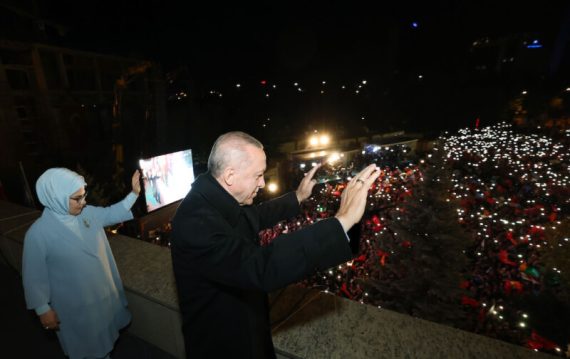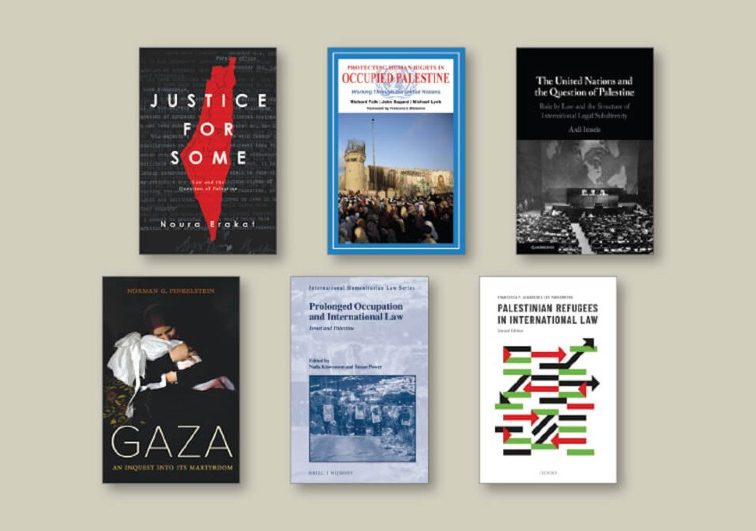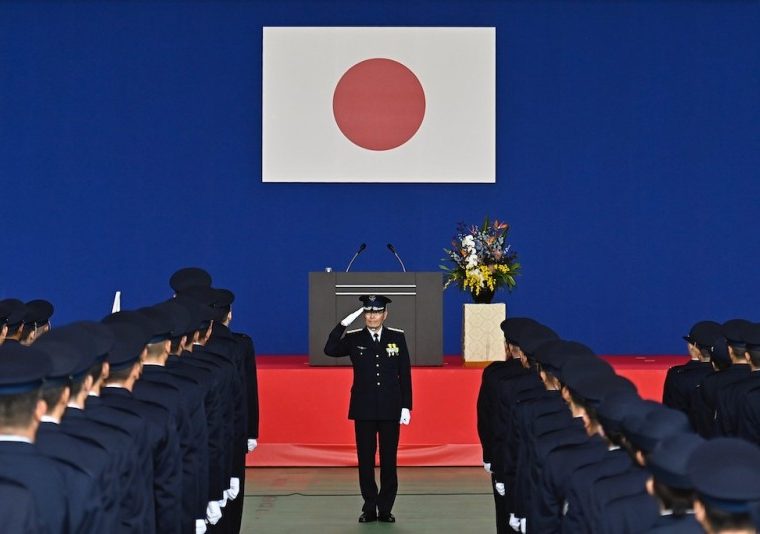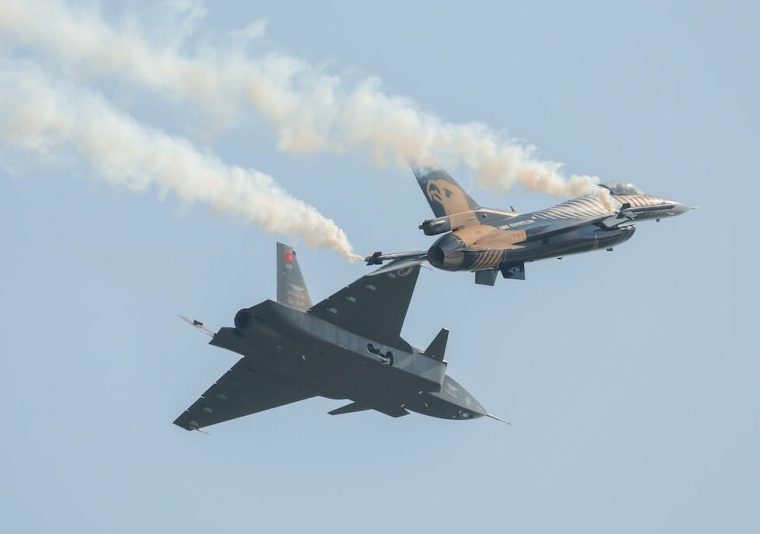N
umerous media outlets in the Middle East have shown a keen interest in the Turkish elections. The interest in the election results reflects Turkey’s regional importance as it has become a vital actor in Libya, Syria, Iraq, and the Gulf. The first round of Turkish elections took place on May 14 with President Recep Tayyip Erdoğan leading votes with 49.5%, Kılıçdaroğlu following with 44.88% and Sinan Oğan with 5.2%.
The first-round results show a clear win for Erdoğan and his Justice and Development Party (AK Party), with his chances of winning the runoff on May 28 being very high. Erdoğan’s victory in the runoff would have a significant impact on regional politics compared to Kılıçdaroğlu becoming president, who has promised to withdraw Turkish forces from Northern Syria, retreat from Libya, send millions of Syrian refugees in Turkey back to Syria, and join the West’s sanctions against Russia. Here is a review of what the most renowned media outlets in the Middle East wrote about the May 14 elections in Turkey.
Aljazeera noted that elections in Turkey were held amid a severe economic crisis and under the shadow of a destructive earthquake that hit the country on February 6. It highlighted that the election results in earthquake-hit provinces such as Kahramanmaraş, Adıyaman, Elazığ, Gaziantep, Kilis, Malatya, Osmaniye, and Şanlıurfa were in favor of President Erdoğan. The news outlet also wrote that “citizens in these areas know that only Erdoğan can fix this damage.”
Aljazeera described Sinan Oğan, a nationalist candidate whose votes will be crucial in the runoff, as a “kingmaker.” It quoted Oğan as saying, “If I weren’t running for presidency, Erdoğan would have given his victory speech last night,” referring to May 14. Aljazeera also shared Oğan’s opinion on the “wrong decisions” made by the Nation Alliance and their failure to win the trust of the Turkish people.
Mohammed Kawwas, a contributor to the UAE-based Skynews Arabia, wrote that “what comes after elections in Turkey is different from what is before, and al-Assad in Syria will have to deal with whoever is elected as a president in Turkey, although Damascus prefers Kılıçdaroğlu.”
Al Arabiya network, a Saudi-owned news outlet, claimed Syrians in Northern Syria prefer Erdoğan over Kılıçdaroğlu, as the latter plans to send refugees back, while in Kurdish-majority areas in Syria, it claimed, they prefer Kılıçdaroğlu.
In an editorial, Al-Quds Al-Arabi wrote that democracy and the electoral system are the winners of the Turkish elections, the most prominent election in Muslim-majority countries. It noted that this is witnessed by the voting rate of 88.92% inside Turkey and 51% among Turks in the diaspora, and that Turkish democracy proves itself to be strong especially considering the declining rates of voter participation in Western democracies. The newspaper website added that all parties agreed that the Turkish elections took place smoothly and without troubles.
Recommended
Another indication of the strength of Turkish democracy, the newspaper noted, is that two of the leaders of the opposition alliance, the Nation Alliance or the Table of Six, had previously served under the AK Party. The newspaper concluded that the AK Party lost some of its MPs in Istanbul and Ankara, with Turkish voters sending mixed messages: on the one hand, they showed their trust in the party, and, on the other, took note of its mistakes. The article concluded that despite campaigns by Western media, Turkish democracy emerged victorious and all labels describing Erdoğan as a “dictator” or a “second Putin,” were shown to be fabricated.
Al-Ahram newspaper in Egypt noted that the reason why French, American, and British media outlets were so interested in the Turkish elections had to do with the geostrategic location of Turkey, a country that connects Asia with Europe; overlooks two of the most important straits in the world, the Dardanelles and Bosphorus; and has access to the Mediterranean Sea, the Black Sea, and the Aegean Sea. This has allowed Turkey to play an important role in foreign policy, and to become involved in strategic investments, and military, security, and economic affairs in the region.
Al-Ahram described Turkey as a “pivotal country” which possesses strategic political, military, economic, and intellectual elements that make it highly influential in the region and which qualifies it to be a center of attraction for major world powers. Any change in the map of alliances or hostilities of such a pivotal state affects the balance of power between global political actors.
The interest in Turkish politics and elections was not limited to media outlets, but extended to people on the ground. The publics in countries such as Iraq, Lebanon, Palestine, Egypt, Libya, and Algeria followed the results of the May 14 elections. This interest can only speak of Turkey’s growing influence in the region—an influence that is closely and eagerly watched in the Middle East by politicians, media outlets, and the people alike.





